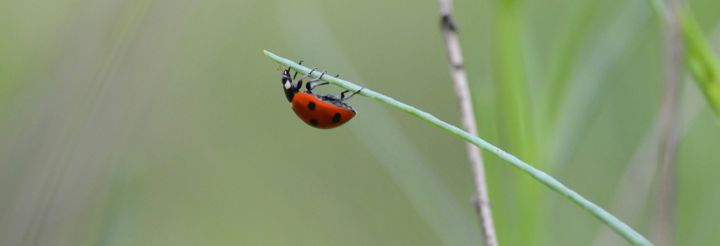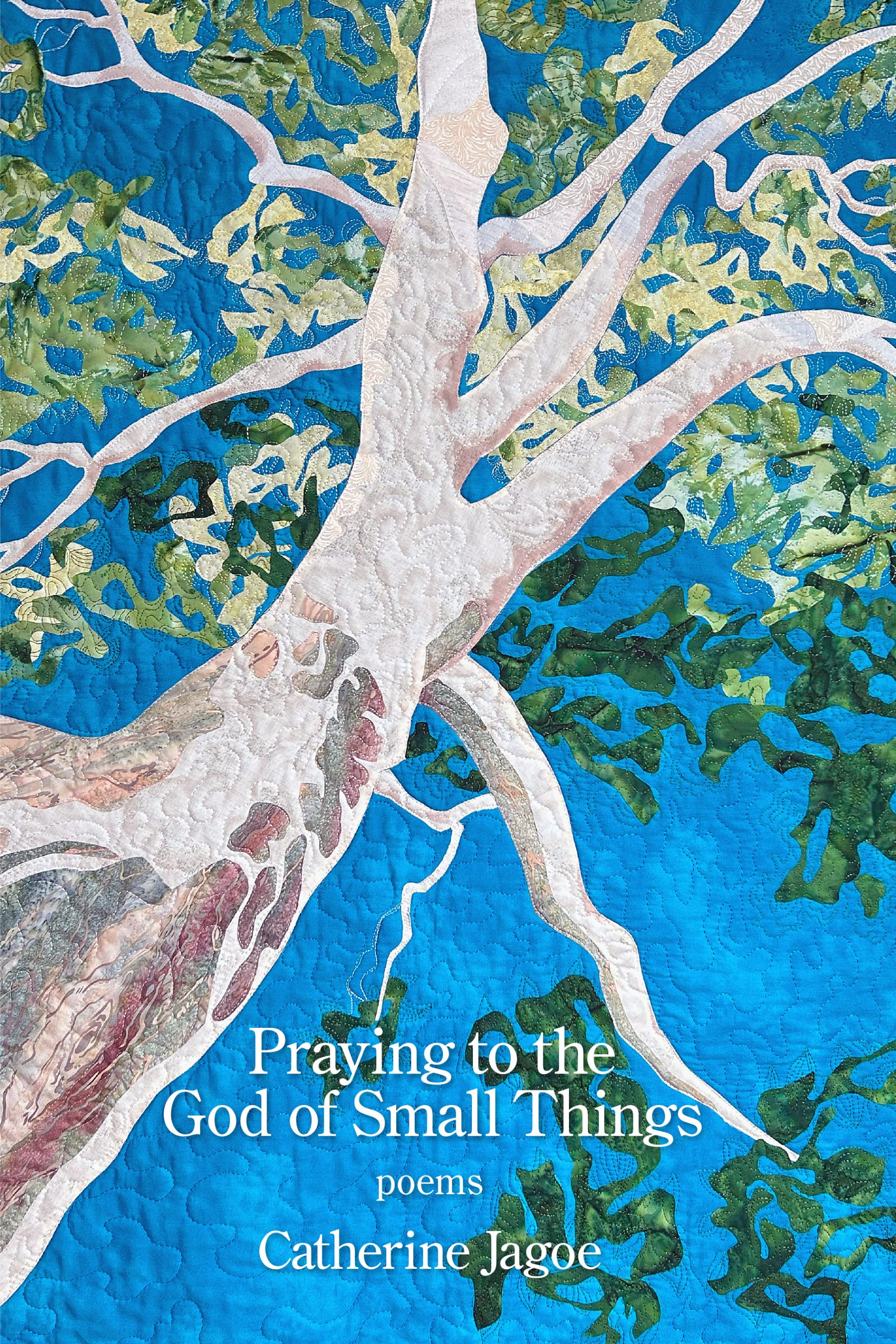

Kindle from your local bookstore
PRAYING TO THE GOD OF SMALL THINGS
Praying to the God of Small Things celebrates our bountiful and threatened natural world, with its “dove-note, fox-stink, char-smell,” and all its inhabitants and landscapes, marveling that “this rifled earth can somehow still / spin gold from last year’s straw.” Jagoe’s clear-eyed love for nature takes in her own history (“Mother was the sun with an on/off switch. / Father held a tarantula close to his heart”) and the creatures we live with—acorn weevils, muskrats, kinglets, warblers, a dog lost on a freeway—exploring what it means to be alive and complicit in the age of the Anthropocene. Close observation, rich vocabulary, and a capacious heart accompany the mouth-music of these memorable poems. A vivid, splendid collection.
—Robin Chapman, author of The Only Home We Know
At times the soothsayer, at times the scientist, the narrator of Praying to the God of All Things weaves astonishment and horror as she looks unflinchingly at the realities of our changing biosphere and its disappearing creatures. These exacting poems telescope in and out, braiding the tangible effects of climate change and keen observations of the leafhopper, the killdeer feigning a broken wing, the “lemonbright” of finches, moss. Never steering away from the complicity of being human, she meanwhile wields the very human power of language, deftly speaking for the wondrous more-than-human world, compelling her readers to “stand still and listen, just listen/ trying to name every song.”
—Heather Swan, author of Where the Grass Still Sings
Reading this gorgeous and brilliantly articulated book, I felt alternately elated and riven. Jagoe’s language as she describes a range of more-than-human worlds balanced on the edge of disappearance is both lovely and unflinching. “[A]ren’t we all / dying, aren’t we all beautiful?” she asks, in poems palpable with love for the inhabitants of this planet, whether they be moths, hummingbirds, sycamores, or fellow human beings. Nothing is too small for this poet who learned early on “the wild, sweet witchery” and sheer “wonderment” of our world. A fiercely sad but also ferociously celebratory collection by an attentive, eloquent, and important eco-poet, this book is a hymn for our time.
—Alison Townsend, author of The Green Hour